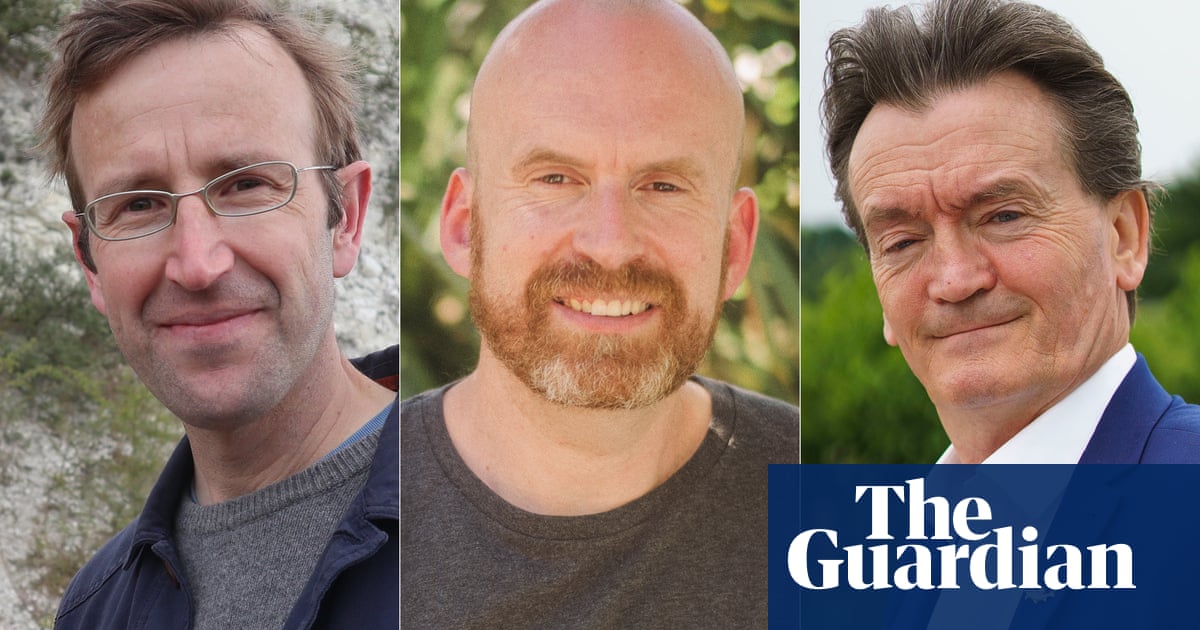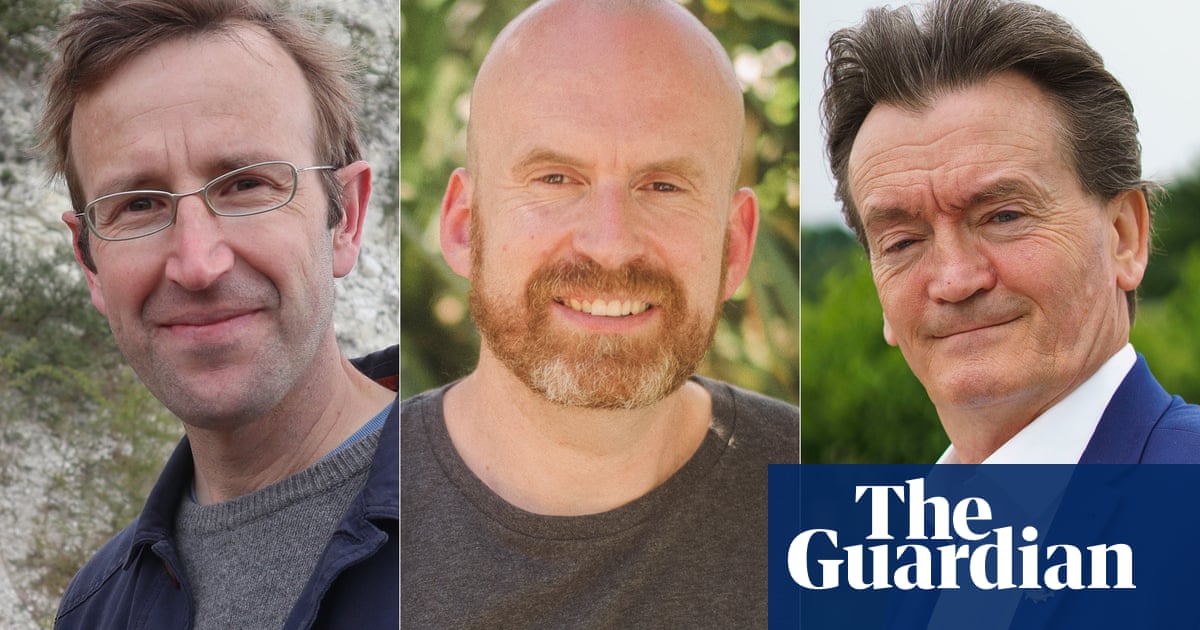
Arts Council England (ACE) has announced it will update guidance warning that “political statements” could break funding agreements, after a backlash from the arts and culture sector.
A series of recent updates to ACE policies had advised organisations that it funds to be wary of “overtly political or activist” statements made in a personal capacity by people linked to them.
But the updates were met with fury from artists, writers and musicians including Matt Haig, Robert Macfarlane, Feargal Sharkey and Nikita Gill.
On Thursday, Equity, the performing arts and entertainment trade union, also said it was “deeply concerned” that the effects of ACE’s new guidance would be “to censor” work and “attempt to silence artists on stage and in their personal lives – especially those working in the activist or political space”.
Within hours, ACE issued a statement recognising the strength of feeling over the guidance and said it would “publish an updated version” as soon as possible.
“The updates we made to our relationship framework were intended to support funded organisations in identifying and responding to risks, and were in no way meant to limit artistic expression,” it said. “However, it’s very apparent from what we’ve heard that the language we used in our update was open to misinterpretation.
“We know from our conversations with organisations that support around managing complex, risky issues is needed, and that is what the relationship framework is there to do. But in light of what we’ve heard this week, we’re looking again at some of the language we’ve used, and will clarify it to fully reflect our original intention.”
Earlier on Thursday afternoon, Jack Gamble, the CEO of the Campaign for the Arts, emphasised the importance of political art. “In the last few weeks we’ve had Mr Bates vs the Post Office as a reminder of the fact that art can be not only inherently powerful, but powerful as something that leads to social change,” he told BBC Radio 4’s World at One.
Appearing on the same programme, the ACE deputy chief executive Laura Dyer emphasised the council’s belief “in the freedom of expression of all artists”.
“We support organisations, we fund organisations to do challenging work, to express difficult views, to challenge authority, and to do political work. What we just want to ensure is that they’re prepared when that creates concern and issues within their communities,” she said.
But Equity said it had written to the ACE chief executive, Darren Henley, asking for the guidance to be “immediately withdrawn” and for ACE “to work with the relevant unions on suitable guidance in this area”.
“Far from protecting artists, it sends a clear message to discourage the creation of art that is political, and to avoid full participation in civil society if you are an artist who wishes to work with Arts Council funding,” the union said.
“Arts Council England is subject to political pressures from the government of the day, and its new guidance will allow it to divest and disassociate itself from artists who speak truth to power.”
The row came in the same week it was announced that the Department for Culture, Media and Sport would be conducting a full-scale review of ACE, which will determine whether it should continue to operate in its current form.
Some had perceived ACE’s updates as part of a wider trend to silence political dissent. The Belfast rap group Kneecap have said they plan to take legal action after they were blocked from receiving a £15,000 grant under the Music Export Growth Scheme because the Conservative government objected to them.












